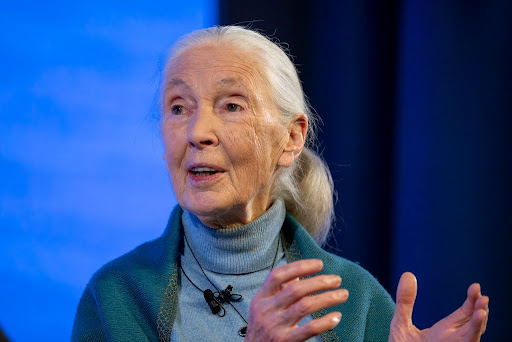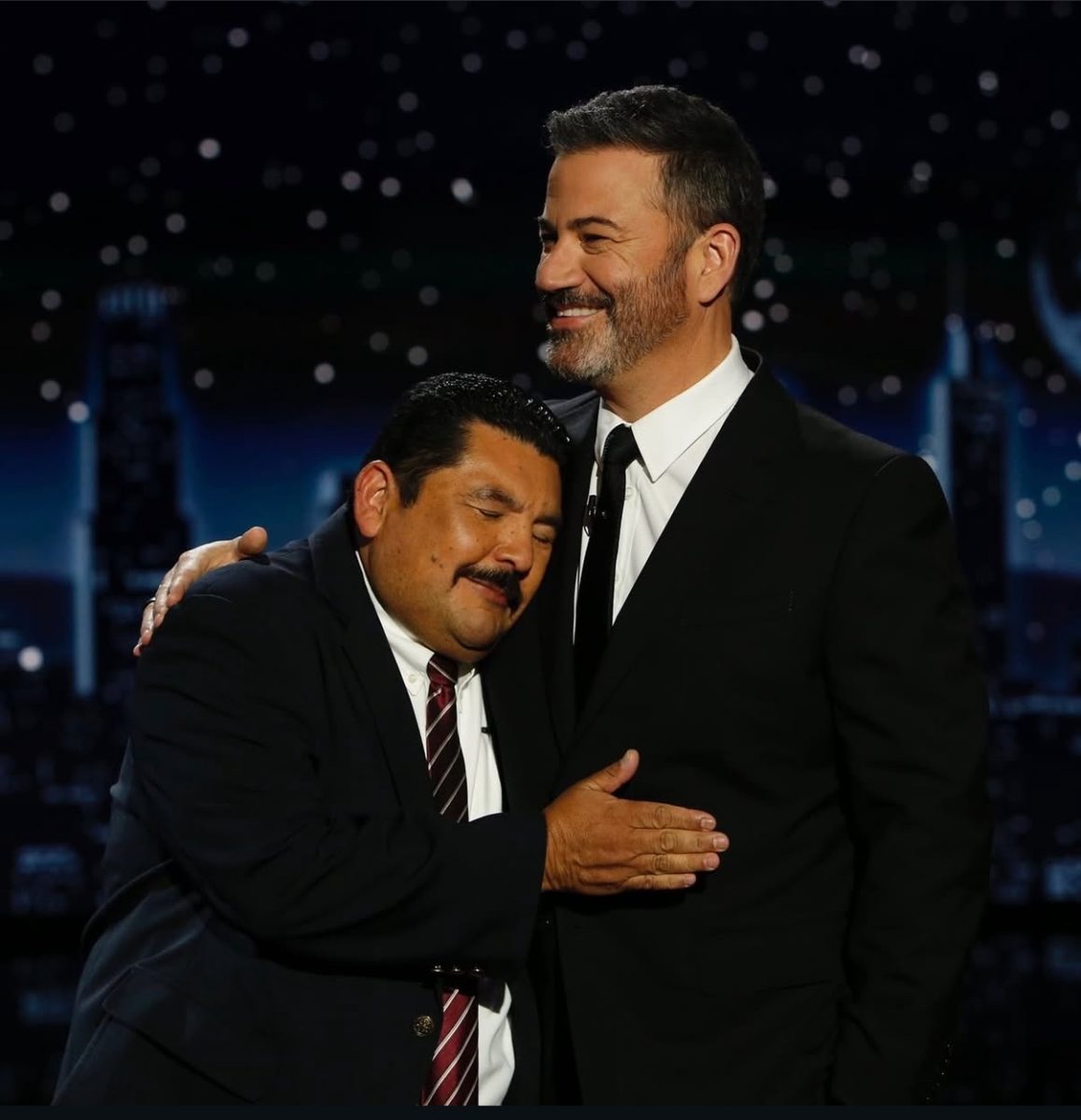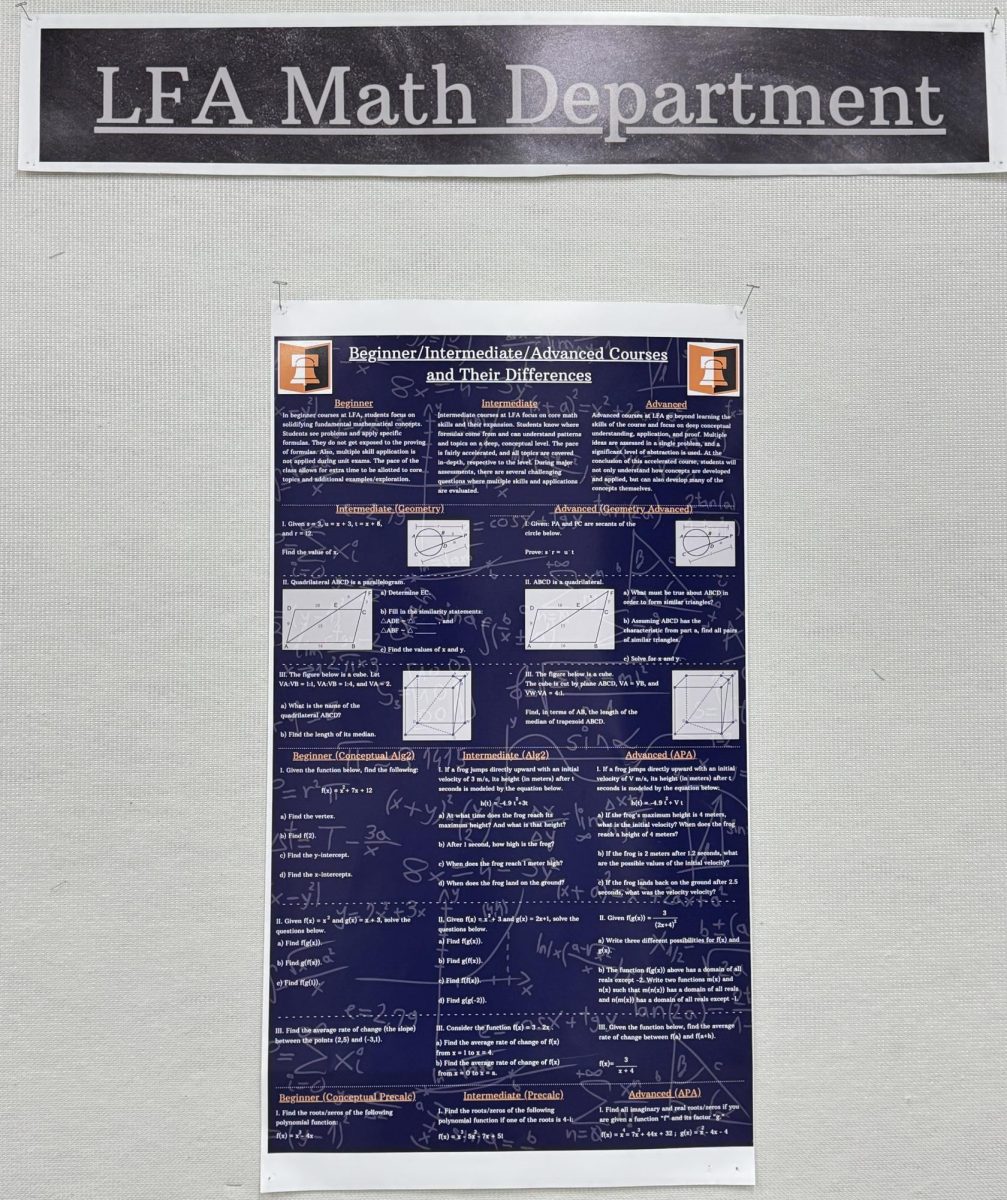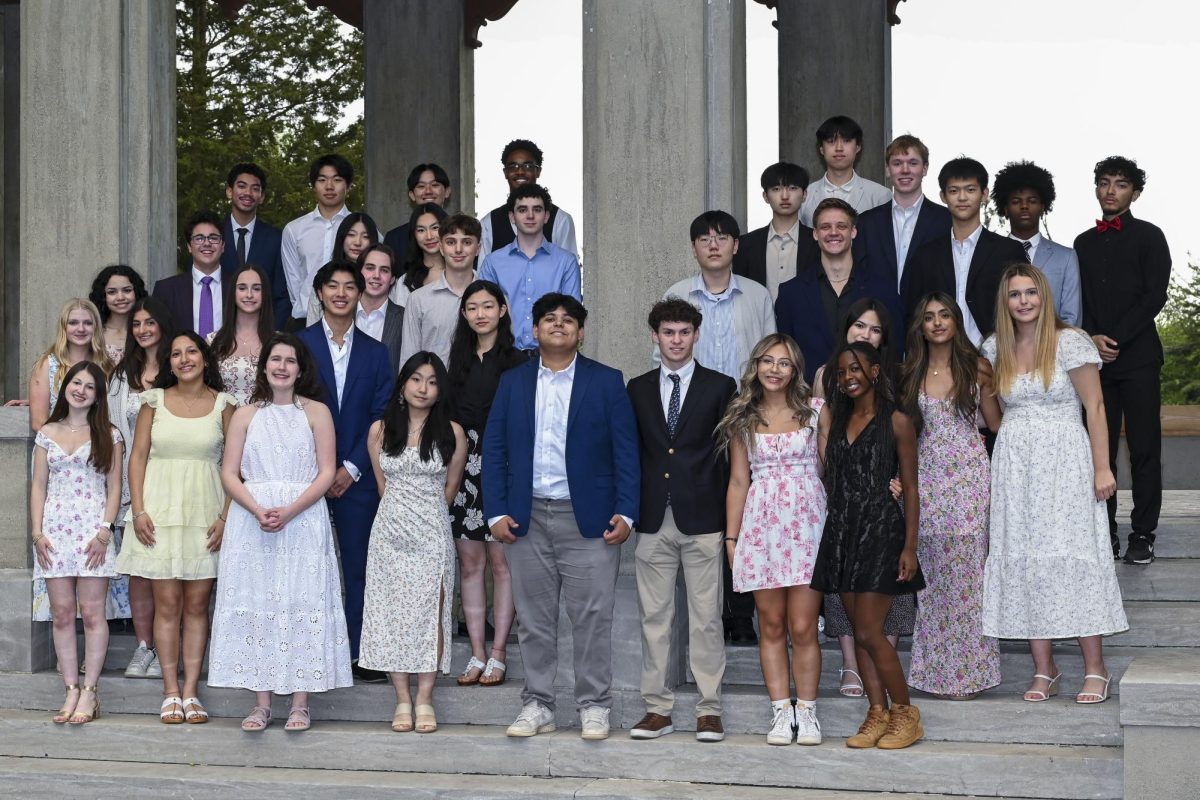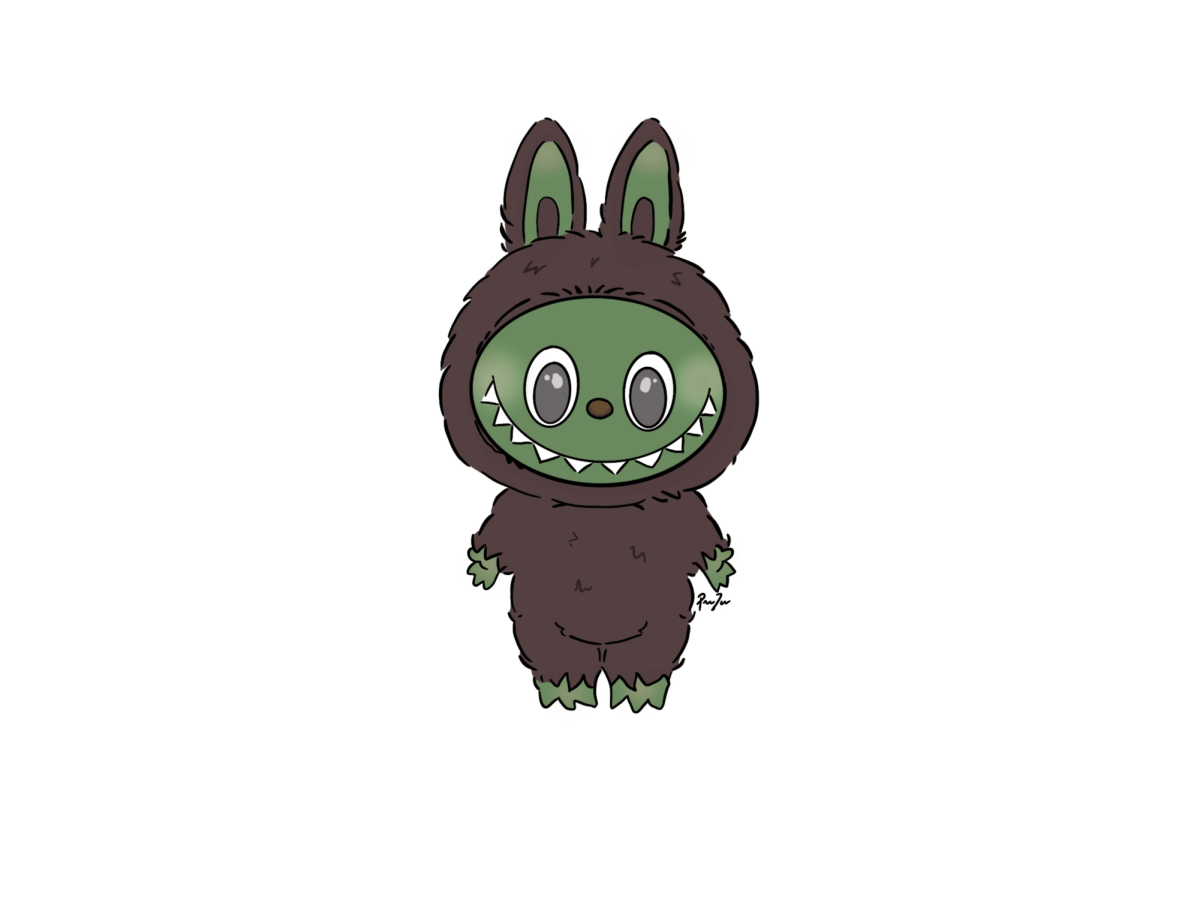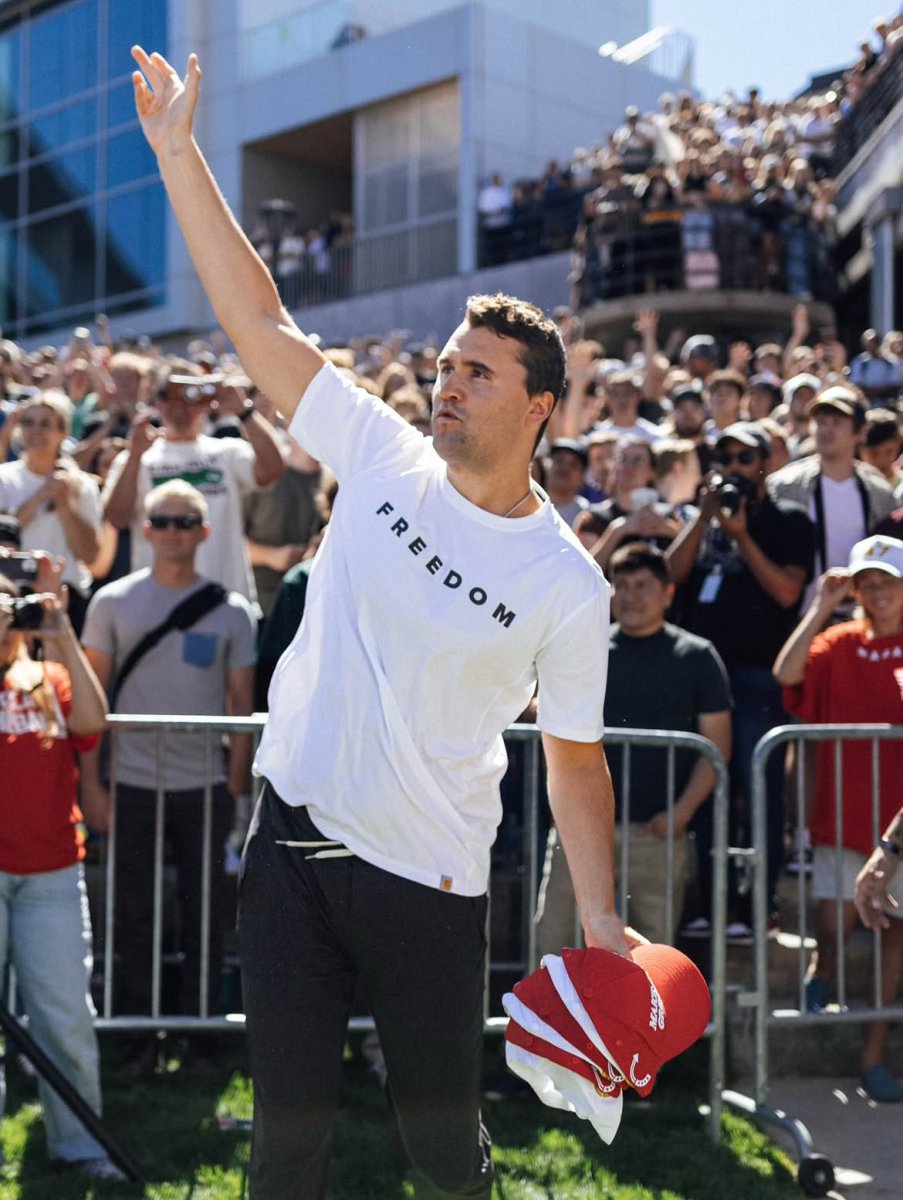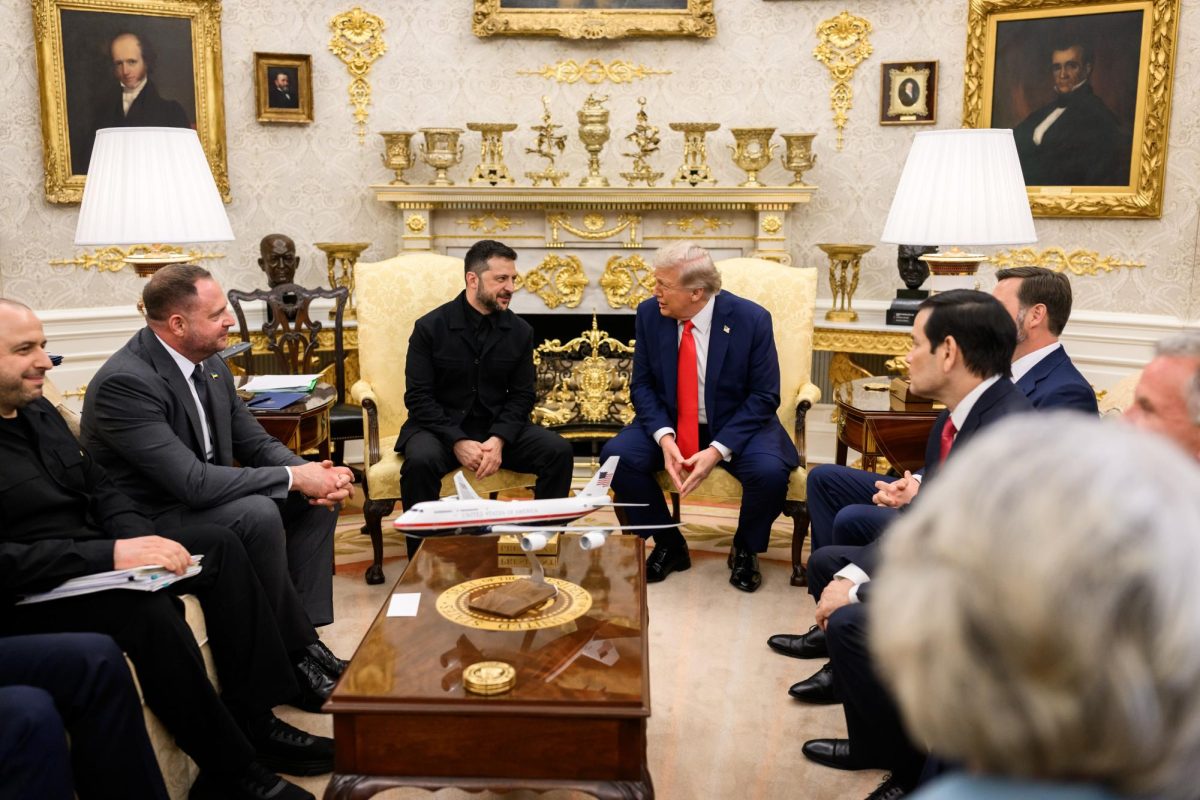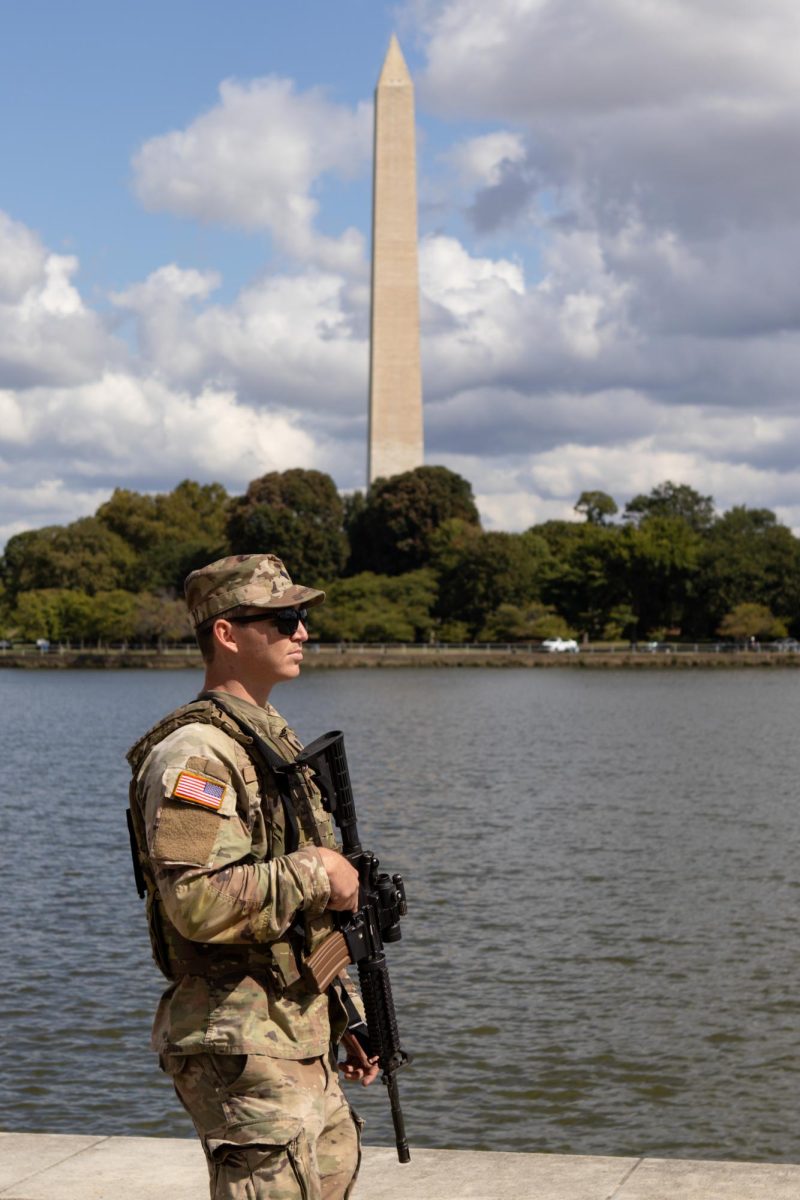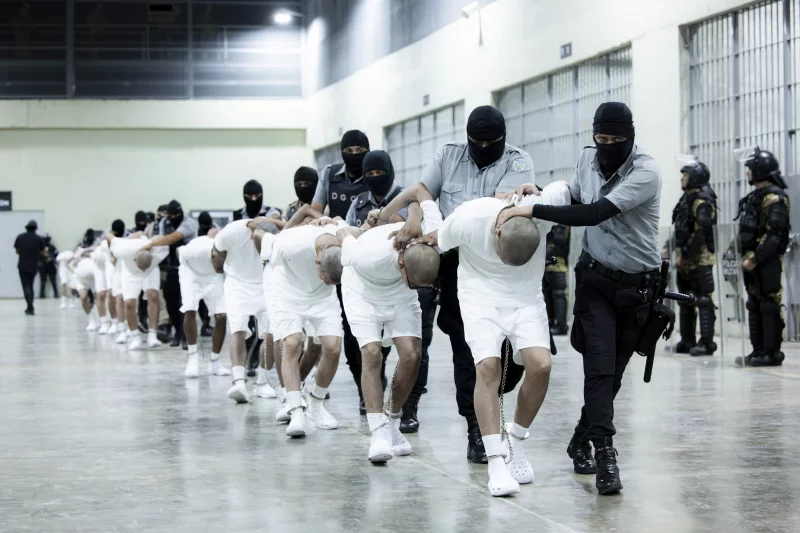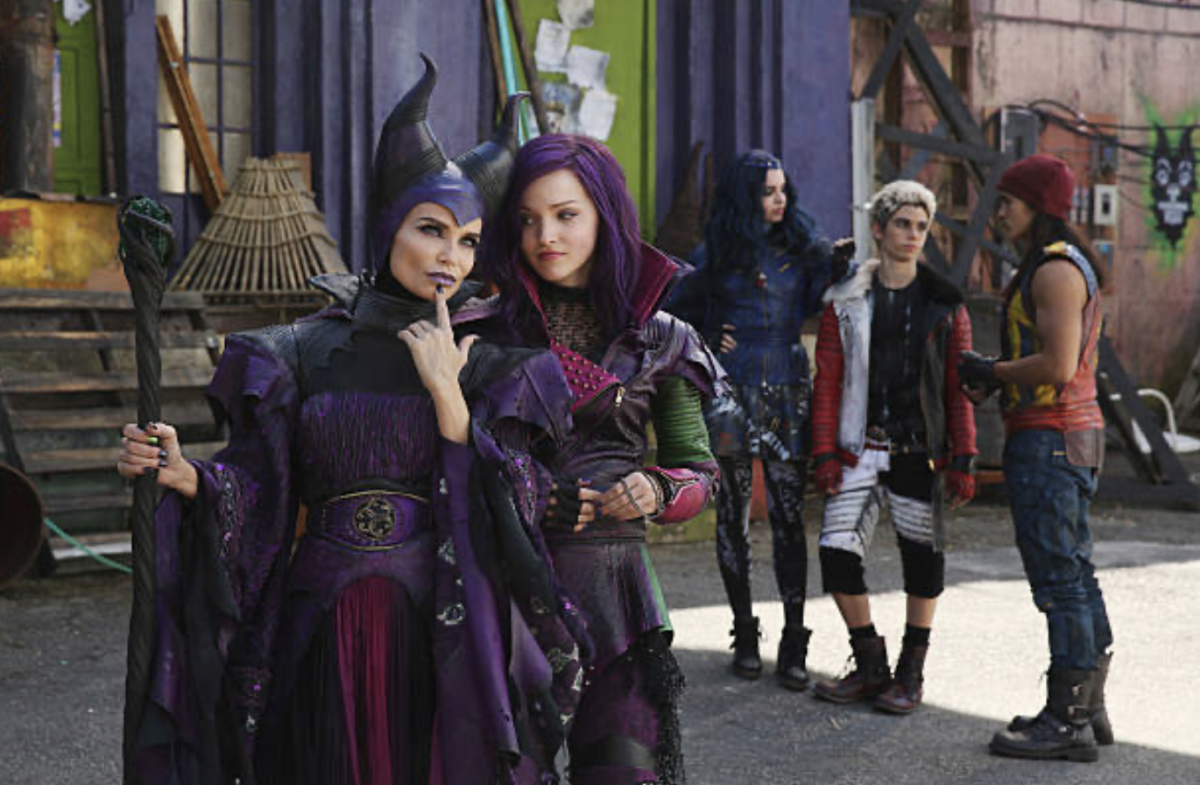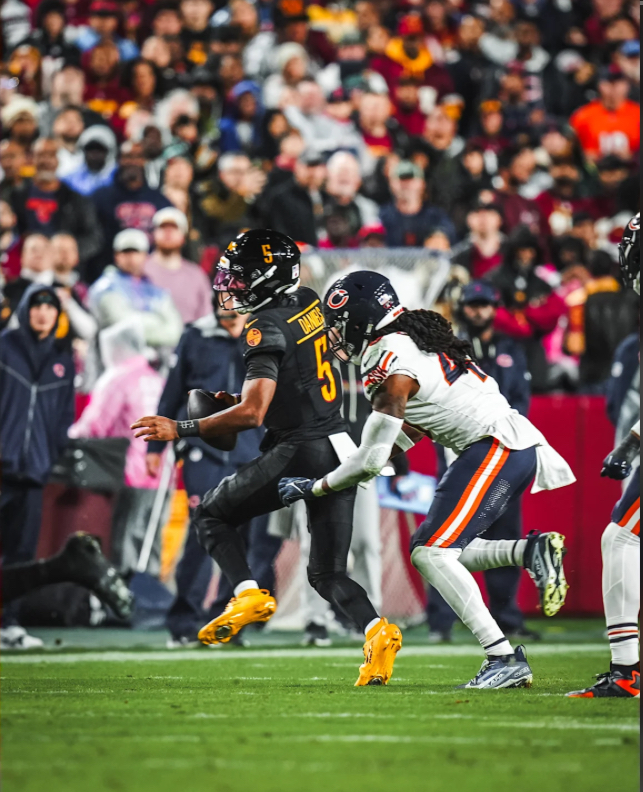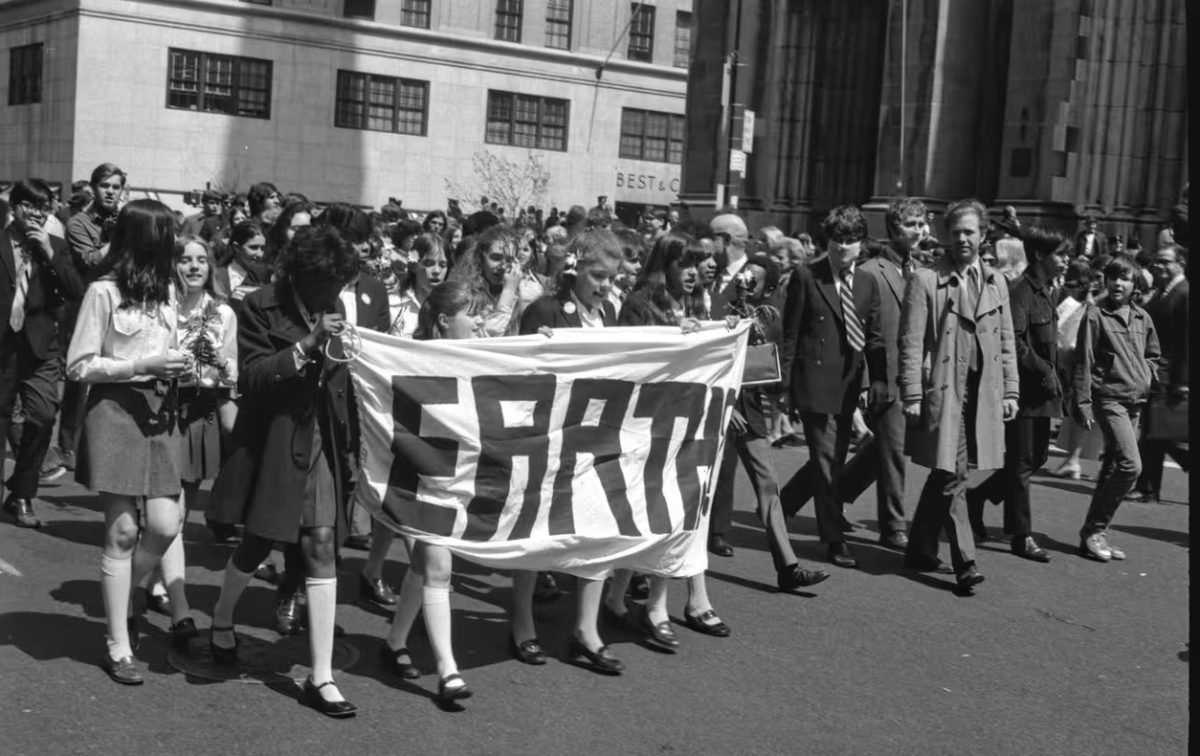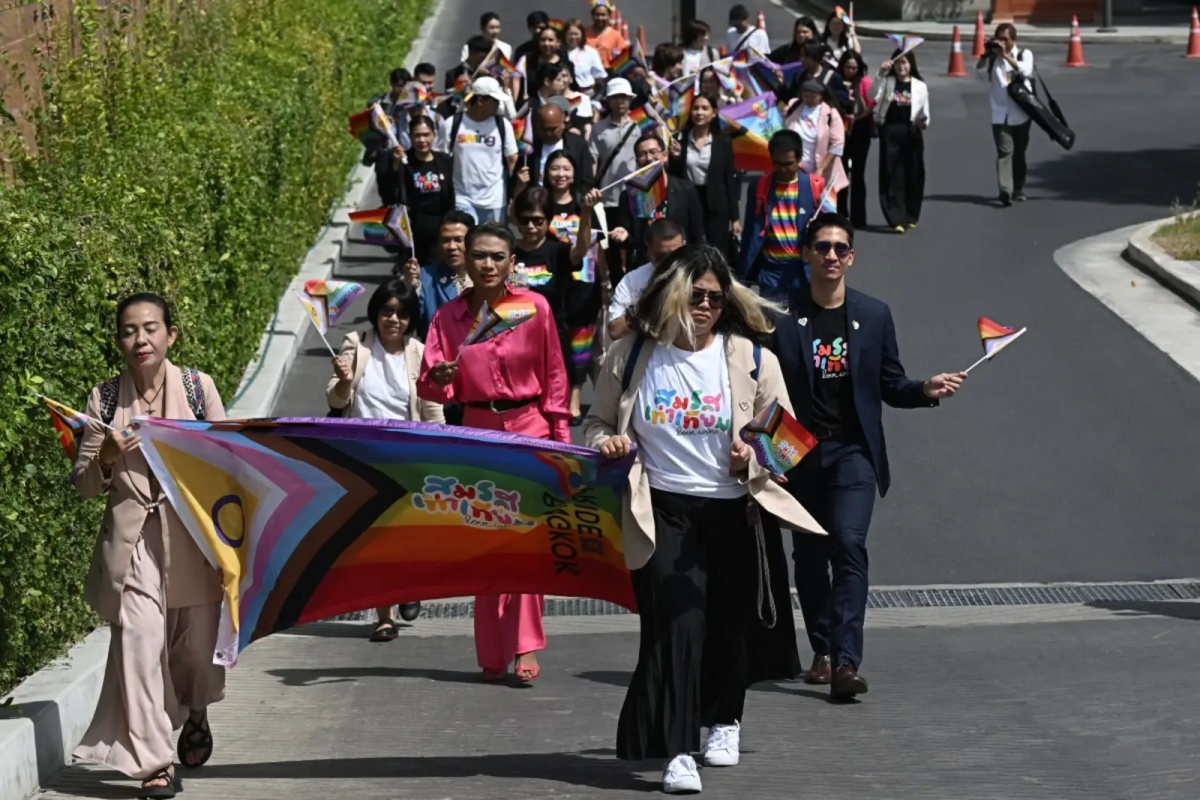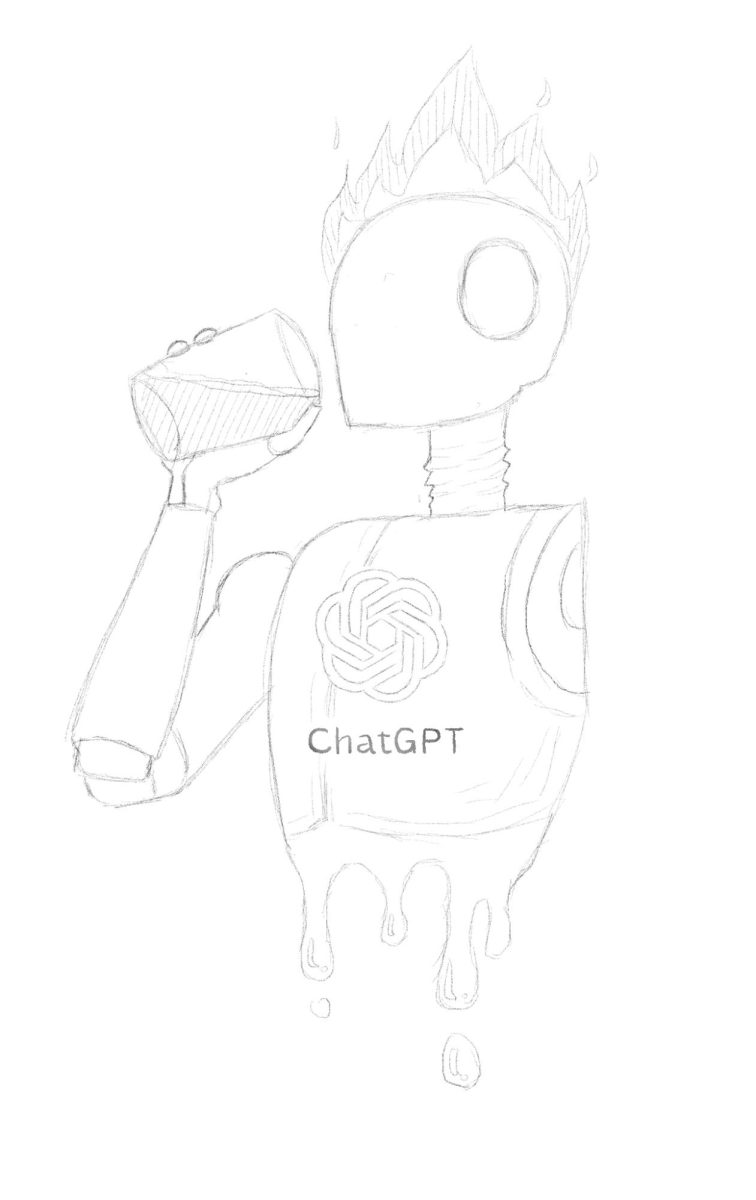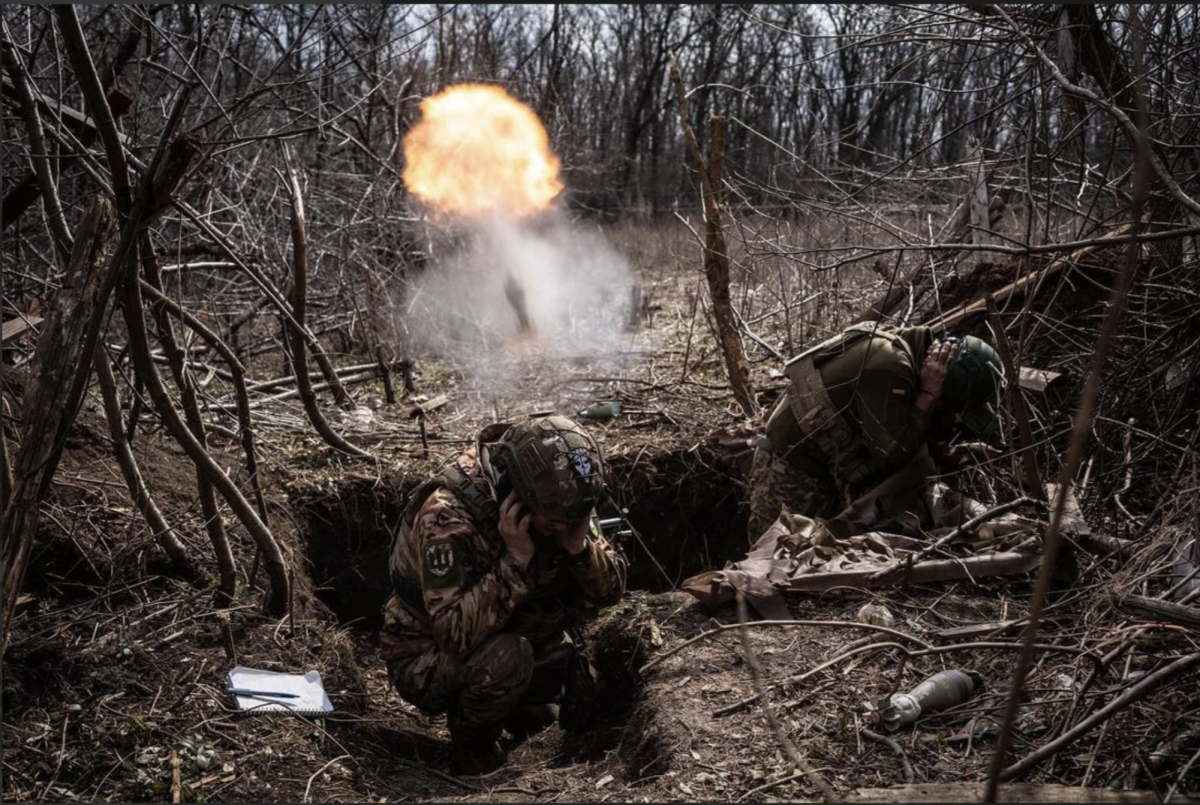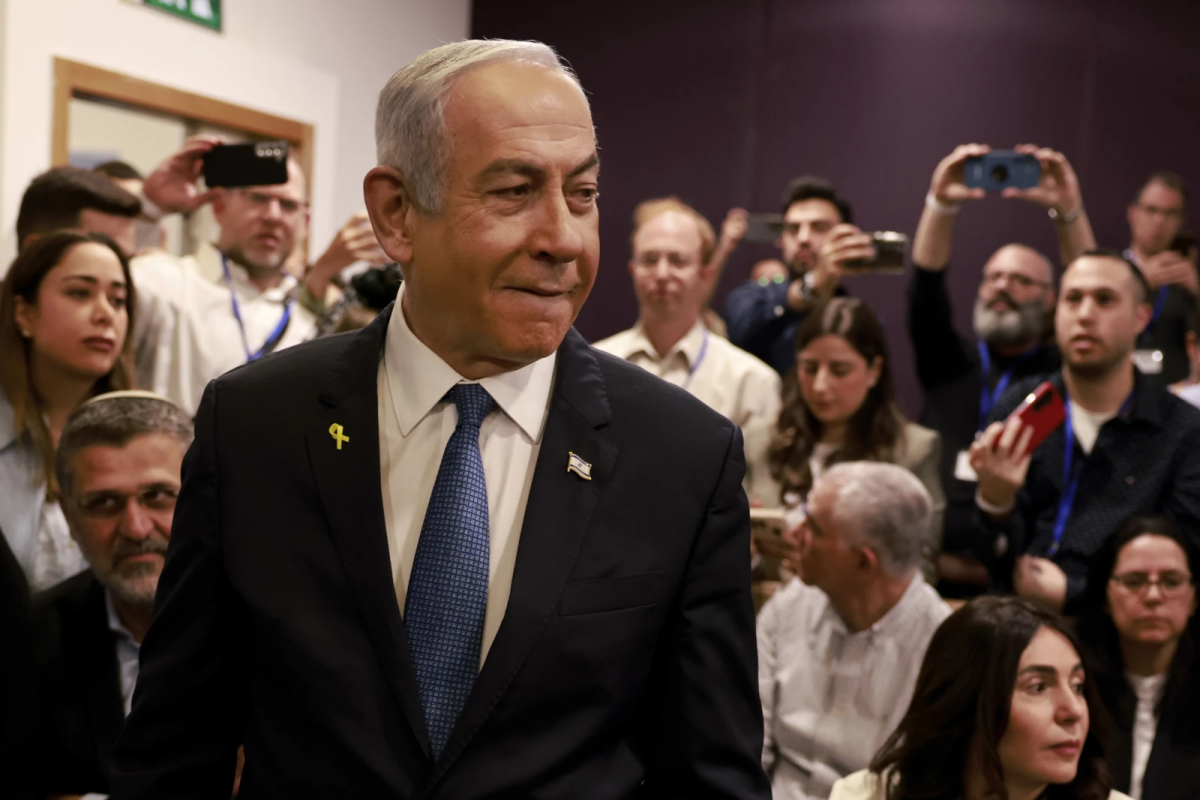Following Russia’s full-scale invasion two years ago, Ukraine has proven to be as resilient as ever, recapturing 54 percent of the once-Russian territory and pushing Russian assets out of the northern regions. As of November 2024, Ukraine has successfully stalled Russian forces with counteroffensive strategies and drone strikes, resulting in thousands of casualties on both sides. Since January 2022, Ukraine has received $278 billion in aid, of which $75 billion was donated directly by the United States. According to the Global Conflict Tracker by the Center for Preventive Action, “fighting and airstrikes have inflicted over 30,000 civilian casualties, while 3.7 million people are internally displaced, and 6.5 million have fled Ukraine,” indicating just how ruthless this battle has been so far.
As the war continues to escalate, a new and unexpected source of worry has been introduced, with North Korean troops reportedly arriving in Russian territory, raising concerns about their potential involvement in the ongoing conflict.
North Korea and Russia have historically sustained a loyal political alliance due to a mutual dislike of the Western powers. This relationship was founded during the Cold War, with the North Korean government supporting the Soviet Union’s military campaign. Given their history of political and military ties, the recent arrival of North Korean troops in Russia can only cause additional concern, as the North Korean government directly opposes the United States Security Council sanctions.
On October 26, Ukraine’s military intelligence spotted more than 7,000 North Koreans equipped with Russian gear and weapons being transported into Russia’s Kursk region. Western leaders have described the North Korean troop deployment as “a significant escalation that could also jolt relations in the Indo-Pacific region and open the door to technology transfers from Moscow to Pyongyang that could advance the threat posed by North Korea’s nuclear weapons and missile program.”
As tensions rise between North Korean agencies and the Ukrainian Ministry of Foreign Affairs, Ukrainian President Volodymyr Zelenskyy has made his stance clear: “We see an increase in North Koreans and no increase in the reaction of our partners, unfortunately,” he said in his evening address on October 28. Andriy Yermak, Zelenskyy’s chief of staff, said that, like the Russian army, the North Koreans “pose a threat to Ukraine. They are present there, and, of course, they will die.” Andriy Sybiga, the Ukrainian foreign minister, said in a press briefing, “We call on Europe to realize that North Korean troops are now waging an aggressive war in Europe against a sovereign European state. This proves that while the West is afraid of and hesitates, Russia is acting and going for escalation.” The Ukrainian government’s attitude is evident, perceiving the deployment of North Korean troops as a hostile act that requires the action of Western powers.
With the looming threat of autocratic regimes, what could this possibly mean for the current war? With the deployment of North Korean troops, the conflict in Ukraine has entered a new, more unpredictable phase that not only makes a near resolution unlikely but also strengthens one of the most dangerous alliances in the world.

